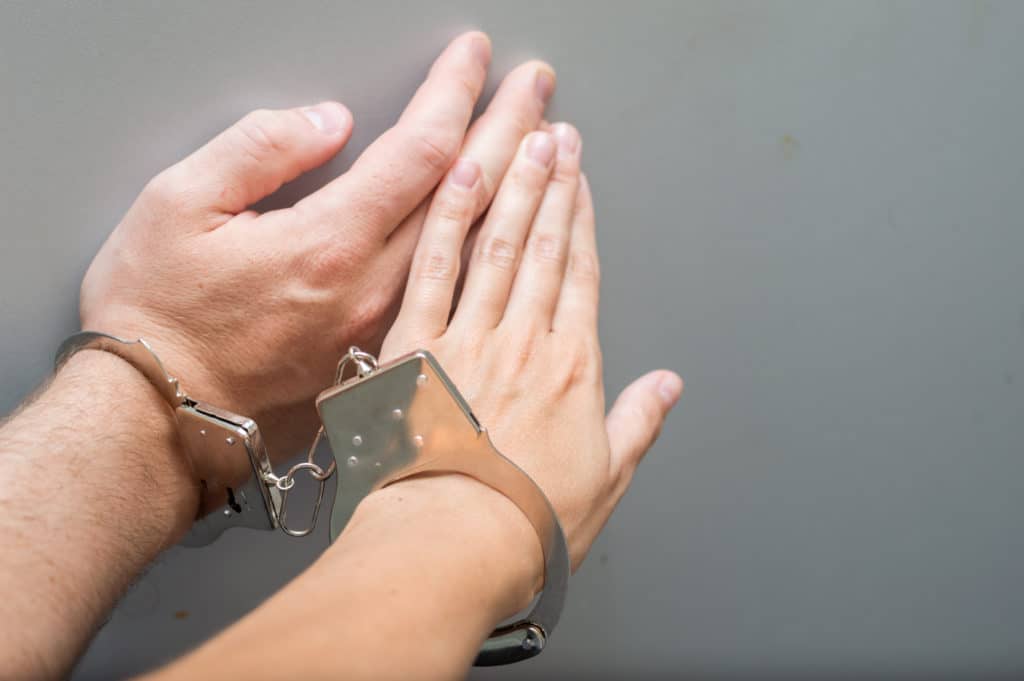Signs of codependency or a codependent relationship are often associated with substance abuse, addiction, and rehabilitation. This type of behavior is typically found in families where at least one person is struggling with addiction.
Codependency is a learned behavior where one person watches another and imitates their behaviors. These behaviors can be passed down from parent to child or between partners in romantic relationships. Not to mention loved ones of an addict can develop their own addiction to maintain their relationship with the addict.
As such, addiction and codependent relationships feed off of each other. For instance, a concerned family member can exhibit codependent behavior when they attempt to protect the addict from the consequences of the substance abuse problem. This, in turn, can inhibit the addict from seeking the help they need to address their addiction.

Why Are Codependent Relationships Unhealthy?
When addiction is involved, codependency turns into enabling. In other words, the actions of the loved one to shield the addict and protect them can lead to worse problems. The family gets into an endless cycle until something tragic occurs, like an accidental overdose, death, arrest, and so on.
Even when loved ones attempt to avoid codependent tendencies or behaviors, it does nothing to address the addiction once it sets in. Therefore, problems within the family will not go away and often become more noticeable.
The 9 Signs of A Codependent Relationship
The only effective way to address codependent traits and addiction is by treating both issues. The following are some of the common signs of codependent behavior you should be aware of to ensure you are not enabling an addict in your family.
#1: You need to be liked by everyone.
A sign of codependency is seeking approval from others to be liked and loved and a constant worry about what others think about you.
#2: You have difficulties setting boundaries.
A codependent person tends to set poor boundaries. They might say they will not tolerate drug abuse but when it happens to a loved one, they make exceptions and end up tolerating the harmfulness the family experiences from the addiction.
#3: You can have problems expressing your own feelings or emotions.
If you tell others what they want to hear, find it difficult to articulate your own feelings and emotions, or have low self-esteem, you could be codependent.
#4: You place the interests and needs of others over your own.
Rather than take care of your own needs and interests, you put those of others first. This can lead to abusive relationships, accompanied by the fear of being unloved. So, you ultimately tolerate the addiction.
#5: You often pretend everything is okay.
For a codependent person, they find it easier to ignore problems like they do not exist. Rather than deal with the issues, they often focus on other things. Commonly, those things are attempting to escape from their problems by turning to alcohol, drugs, or food for comfort.
#6: You feel responsible for others’ actions and feelings.
Codependent people tend to play the role of the caregiver because they feel guilty about the addict’s behaviors. You may also become easily angered when one partner is not appreciative of everything you do for them.
#7: You must control others and fix their problems.
If you typically feel a sense of uselessness unless there is a crisis to fix or a person that needs help, you may be codependent. It is equally common to want to offer advice and solutions the other person needs to do.
#8: You feel loyalty to the addict even with faced with evidence they are responsible for a problem.
For whatever reason, you continue to stay in your relationship with the addict to the point it becomes harmful for both of you. If you do end the relationship, it is not uncommon to seek out another relationship that allows you to be codependent.
#9: You refuse outside help because you believe the addiction is not as bad as it is.
It is easy to convince yourself that your loved one’s addiction is not as bad as others are telling you it is. You may feel ashamed to admit you need help or that you deserve a better life. Additionally, you are afraid if you do seek help that others will find out and will no longer want to associate with you and your family.
Addiction Treatment and Codependent Behaviors Los Angeles
Specific addiction treatment programs are available to help more than just the addict. They include family programs to help address the psychological and emotional aspects that accompany codependency in the family unit.
Addiction treatment programs help develop healthy boundaries and overcome codependency. They also improve communication skills and teach the family how to avoid conflict in a productive manner. By treating both the addict and the family members with codependent behaviors, it is possible to break the cycle while helping the family begin their recovery journey.
At New Life House, we help young adults struggling with addiction as well as their loved ones. Together, we help support young men and their families to help them be successful in their recovery and build healthy interdependence.
We provide access to age-specific addiction treatment facilities in Los Angeles to provide the support you or your loved one needs. Please feel free to contact us for further information about our treatment options for addiction and codependency today.
Last Updated on September 27, 2022

